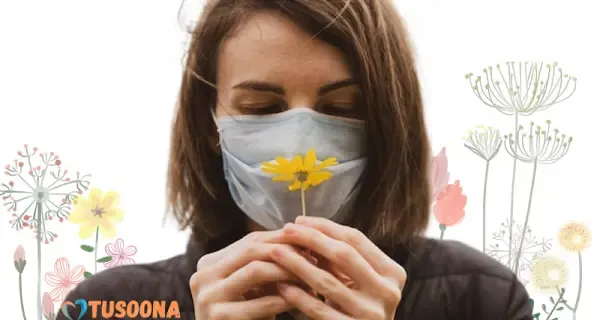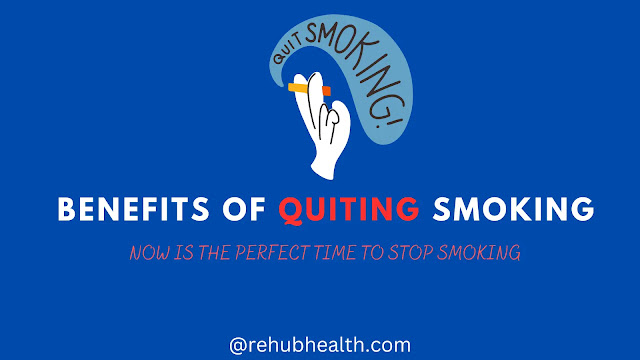Spring Allergies: Causes, Symptoms & Treatments
What is a Spring Allergy?
Spring allergy is the body's reaction when exposed to an external or extraneous substance (enters through breathing, touch, or the gastrointestinal tract), where some cells of the immune system secrete certain substances then, such as Histamine, and these substances may cause symptoms, such as redness, itching, or nasal congestion.
And we will learn through the following article about the most prominent causes and methods of treating spring allergies suffered by many individuals.
Symptoms of Spring Allergy
The main symptoms of spring allergy that characterize an allergic infection are:
- Itchy skin.
- Itchy eyes.
- The pharynx itches.
- Sneezing.
- Nasal discharge.
- Shortness of breath or airway obstruction in cases of severe and excessive allergies.
However, it has become known today that allergies are related to asthma, and although allergies are not a serious phenomenon, they can affect the quality of life of those who suffer from them.
Causes of Spring Allergy
There are a lot of allergens, including:
- Dust.
- Chemicals.
- Some types of insects.
- Small pollen grains are released by trees and grasses.
Sometimes it is difficult to determine the allergen, it is also possible that a person is allergic to several substances together, and through certain tests, a person can find out the allergen, this is done by injecting him with the allergen, and after a few days he is informed of the result (depending on the body's reaction), and the person is referred for these tests only through the guidance of a doctor.
As for people who suffer from allergies during the transition periods between the different seasons, this type of allergy is known as hay fever, as well as Hay fever, as weather changes and dust are the most important triggers of this type of allergy.
This type of allergy can affect anyone, and in all generations, but it often appears for the first time between the generation of 15-25 years, and causes frequent sneezing in most cases, in addition to the itchy nose, itchy eyes, shedding tears, and it is even possible to cause asthma cases that can last for several weeks.
Treatment of Spring Allergy
Sometimes when it comes to dust or the atmosphere it is very difficult to avoid these substances, but despite this, we can reduce exposure to these substances by:
- Dust removal.
- Cleaning carpets and sofas in places where we are for long times.
- Close the windows and put metal grilles on them.
- Periodically change bedspreads.
- Refrain from exposure to sunlight.
- Humidify the air with a special humidifier.
Medical Remedies for Spring Allergies
There are also some types of allergy medications from the family of Antihistamines, which in turn block the release of histamine, these medications can be obtained without a doctor's prescription and in several forms, such as pills, or syrup (solution), as they aim to relieve the symptoms of allergic attacks.
As for people suffering from Hay fever allergies, it is advisable to use these drugs daily from the onset of allergies until the end of the transition period between seasons, to prevent additional episodes of allergies.
There are also some types of topical treatments to alleviate the symptoms, such as allergy eye drops (which are sold without a doctor's prescription), as well as nasal drops, and various ointments.
Natural Remedies for Spring Allergies
In addition to medications, several natural remedies can help alleviate spring allergy symptoms. Some of these remedies include:
- Nasal irrigation: This involves using a saline solution to flush out the nasal passages, which can help remove irritants like pollen and reduce congestion.
- Local honey: Consuming local honey may help reduce allergy symptoms by exposing the body to small amounts of pollen and building up immunity over time.



.webp)


